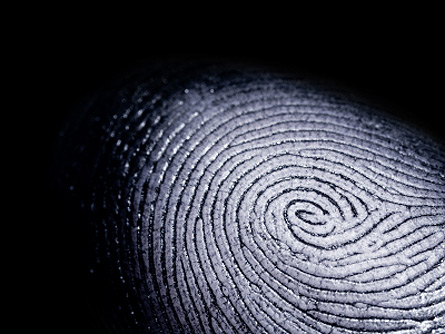The case of the disappearing fingerprints
Check your fingertips. Are the unique whorls and ridges still there? Many crooks would love to ditch their identifying fingerprints. But for the rest of us, losing them could become a huge hassle. Just how big a problem is suggested in a letter released online today by Annals of Oncology.

Eng-Huat Tan, a Singapore-based medical oncologist, and his colleagues describe a 62-year old man who has been treated with capecitabine (trade named Xeloda) to treat his nasopharyngeal cancer. After three years on the drug, the guy decided to visit U.S. relatives last December. But he was stopped by U.S. customs officials for 4 hours after entering the country when those officials couldn’t get fingerprints from the man. The tips of his digits had lost their distinctive swirly marks.
U.S. customs has been fingerprinting incoming foreign visitors for years, Tan says. Their index fingers are printed and screened against digital files of the fingerprints of bad guys — terrorists and potential felons that our federal guardians have been tasked with keeping out of the country. Unfortunately for the Singapore traveler, one potential side effect of his drug therapy is a smoothing of the tissue on the finger pads. Hence, no fingerprints.
“It is uncertain when the onset of fingerprint loss will take place in susceptible patients who are taking capecitabine,” Tan and his coauthors point out. So they caution any physicians who prescribe the drug to provide their patients with a doctor’s note pointing out that their medicine may cause fingerprints to vanish.
Eventually, the Singapore traveler made it into the United States. I guess the name on his passport didn’t raise any red flags. But he’s also now got the explanatory doctor’s note — and won’t leave home without it.
By the way, maybe the Food and Drug Administration, which approved use of the drug 11 years ago, should consider updating its list of adverse effects associated with this medicine. It notes patients may experience diarrhea, rash, vomiting and stomach pain. But no where does it mention the potential for loss of identity.







